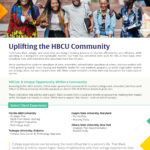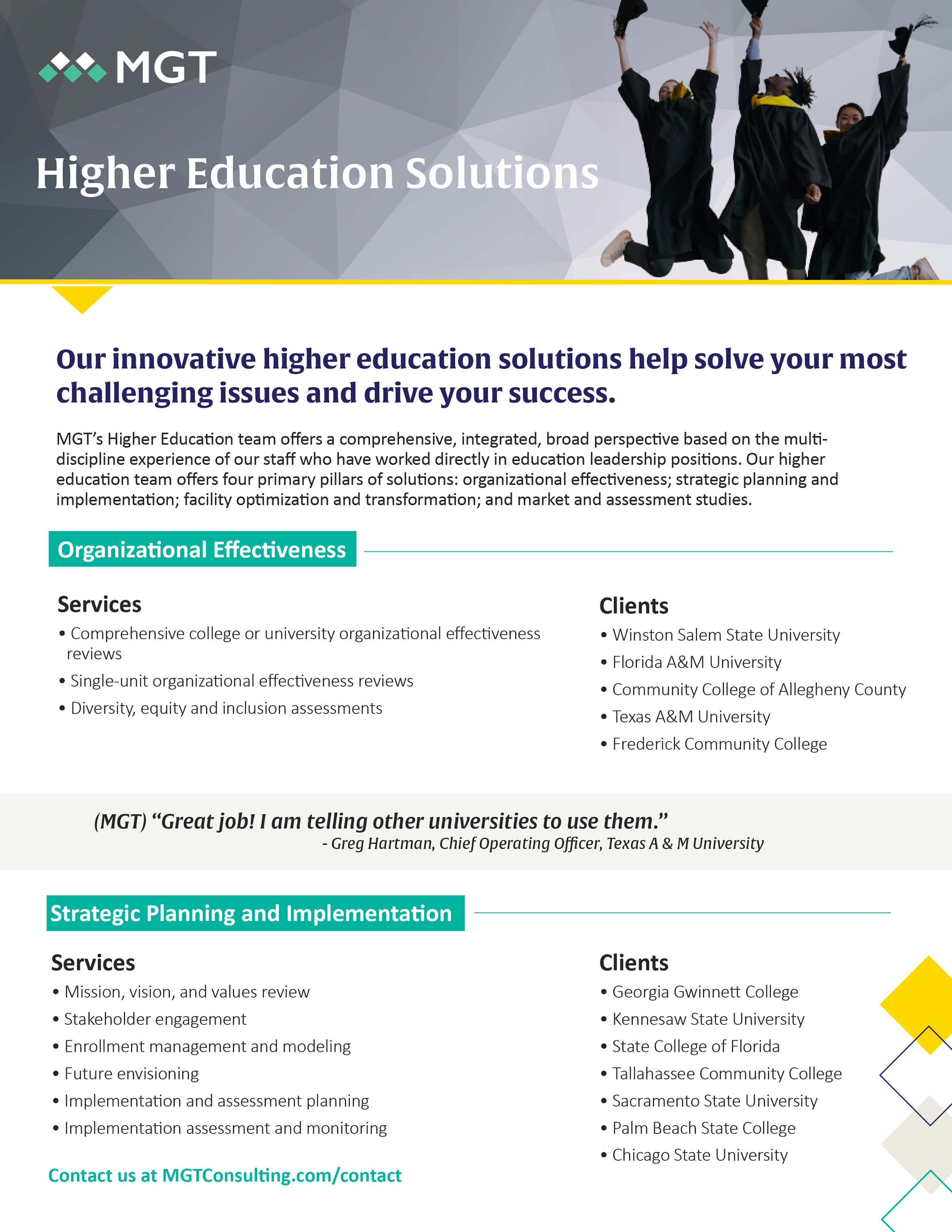In the realm of higher education, significant concern is emerging due to the notable decrease in Free Application for Federal Student Aid (FAFSA) submissions for the 2024-2025 school year.
According to the National College Attainment Network (NCAN), FAFSA applications are down 30% from last year.
This decline coincides with Congress’s mandate for a new FAFSA version by 2024 to simplify the financial aid application process. However, the rollout has been marred by delays, technical glitches, and administrative errors. As colleges and universities navigate these challenges, the potential effects loom over the academic year ahead.
At the forefront of concerns lies the potential budgetary impacts exacerbated by FAFSA challenges. Declining submissions compound existing financial strains, leaving institutions with dwindling resources and uncertain revenue streams. Budget planning becomes a high-stakes puzzle, each delayed submission casting a shadow of uncertainty over future financial projections. Simultaneously, beyond the balance sheets and bottom lines, a deeper sense of enrollment uncertainty arises as decision-day deadlines are pushed back and FAFSA completion rates plummet, presenting colleges and universities with the prospect of dwindling student populations. Market studies reveal shifting demographics and changing student needs, further complicating enrollment projections and strategic planning efforts, with implications touching every aspect of institutional operations—from academic program offerings to campus facilities and student services.
Amidst the turmoil, institutions are confronted with the harsh reality of program disruptions and closures, which are inevitable consequences of declining FAFSA submissions. Any program already facing low enrollment numbers will only be further exacerbated, forcing colleges and universities to reckon with the viability of academic programs and the allocation of resources. As programs end, students are left grappling with uncertainty and upheaval, navigating the abrupt changes in their academic paths. This upheaval compounds the challenges students may face amidst the FAFSA crisis as they scramble to find alternative pathways to pursue their educational goals.

Institutions will also face challenges related to retention and graduation rates, particularly the impact on marginalized groups such as black undergraduate students, women, and dependent students who are most likely to rely on financial aid. Financial barriers that prevent students from continuing their education could lead to decreased retention and graduation rates, disproportionately affecting these groups. These low retention and graduation rates can also significantly damage an institution’s reputation and jeopardize its eligibility for funding. Furthermore, the implications extend beyond the individual level, as a workforce with fewer college-educated individuals from diverse backgrounds may serve as a barrier to innovation and economic advancement, triggering a chain reaction of other consequential challenges.
In the face of these concerns and more, institutions are challenged to proactively chart a course forward with resilience, innovation, and a steadfast commitment to student success. The road ahead may seem daunting, but amidst the uncertainty lies an opportunity for transformation, renewal, and reaffirming of higher education’s enduring promise.
If your institution could use support navigating these uncertain times, learn more about the strategies we recommend (read more) or contact us today for a free 30 minute consultation.










